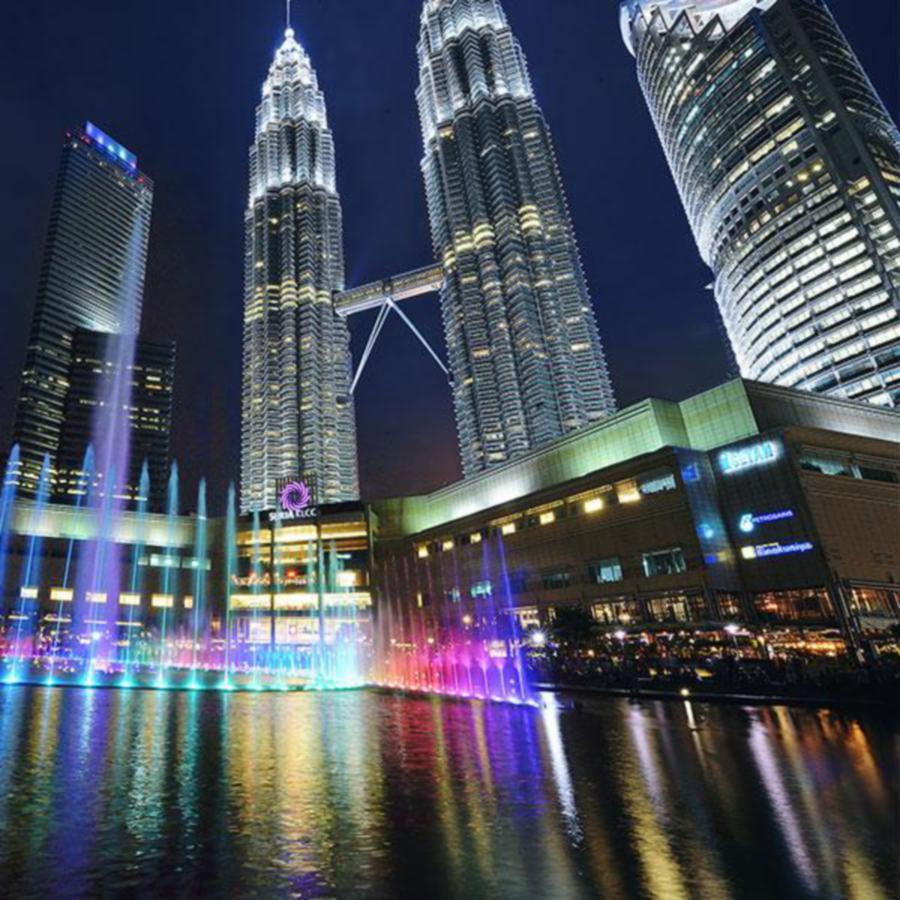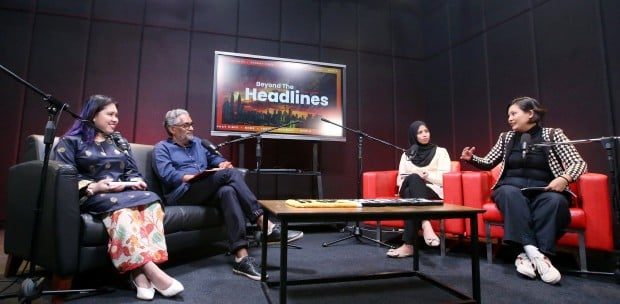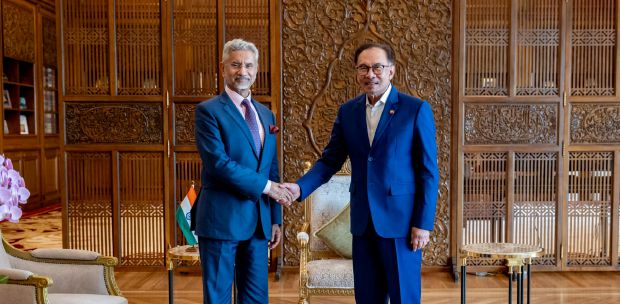THE coronavirus pandemic has shown the shaky foundations underpinning Asean, whose rules and mechanisms are not adequate to match the urgent needs of the day and, in the longer term, the ambition the regional bloc should aspire to. It is also clear that the rhetoric of the official declarations from regional leaders attempting to sketch out a common response did not match the resolve that was required.
In the current context, this means helping each other reduce the impact of the virus. For Malaysia, this means investing in the region, showing stewardship in re-launching Asean, shifting the gear from cooperation to integration, from being a cold, detached bloc to a true community of people united in a common destiny.
Malaysia should reconsider its strategic approach to Southeast Asia, proposing a new vision that would lead to a more effective, bolder and united Asean. Being one of the most prosperous nations in the region, Malaysia has the political clout and resources to lead the process of rethinking the meanings and roles of a reinvigorated regional community.
Working with countries like Singapore, Indonesia and Thailand which might share the same willingness to have a stronger Asean, Malaysia could lay out a narrative, a rationale for why members would be better off if a real community of nations and citizens was established. Leaders of each member state would realise that it is in their core interest to allow some sort of devolution of power to a central authority mandated to support the process of integration where more appropriate.
The Secretariat in Jakarta does not have the teeth to steer forward such a process, being overly dependent on the national capitals. The long-term aim of re-imagining Asean is a stronger community that could turn itself into a union within a decade. It is not that Asean lacks official statements, declarations or official policies for the years to come, but all of them lack bottom-up legitimacy.
Their framing and endorsement did not envision the involvement of the people who now feel detached and uninterested because so far, the process of regional cooperation has mostly been a state-to-state affair that did not go deep enough to engage the citizens. Singapore, certainly still a work in progress in terms of democratic standards, realised the importance of involving its citizens in envisioning its future, holding citizens' forums that at least give some sort of voice to the people.
While it would be tempting to take the process of integration in the European Union as a blueprint, member states of the region can come up with its own model, learning from the pitfalls of the EU model and experiences elsewhere.
For Malaysia to kick off such
a process, the prime minister should formulate a clear statement to the citizens of the country about the rationale and reasons why Malaysia needs to invest more, politically and financially, in Asean.
Apart from the national elites, the think tanks and other prominent stakeholders, schools and universities in Malaysia could provide a template for the region, a fertile ground for re-imagining the region, provided that they detach themselves from an academic achievement obsessed culture.
A regional conference called "Re-imagining Asean" could be organised in Kuala Lumpur with follow-up events throughout the region, starting from the capitals showing more enthusiasm to
the endeavour. People-to-people events and idea contests throughout the region could be set up with a special funding mechanism funded by Malaysia and other nations investing in the project. We should not wait for Malaysia to re-assume the rotating chairmanship of Asean as that might be too late.
Malaysia should start making the case that its national interest lies in a stronger Asean, and through its diplomatic channels, persuade members that it is in their common interest too to re-imagine the bloc. For example, smart diplomacy by Malaysia would bring Vietnam, the current chair, and Brunei, next year's chair, on board, offering them the appropriate visibility to co-lead with other willing nations.
A case should be made that the potential benefits of a better, stronger and more efficient community are too big to be ignored. A creative, multi-sectorial and bottom-up approach to regional integration is in the interests of all, especially Malaysia.
The author writes about social justice, inclusion, youth empowerment and regional integration and is the co-founder of ENGAGE, a non-profit based in Kathmandu
The views expressed in this article are the author's own and do not necessarily reflect those of the New Straits Times






